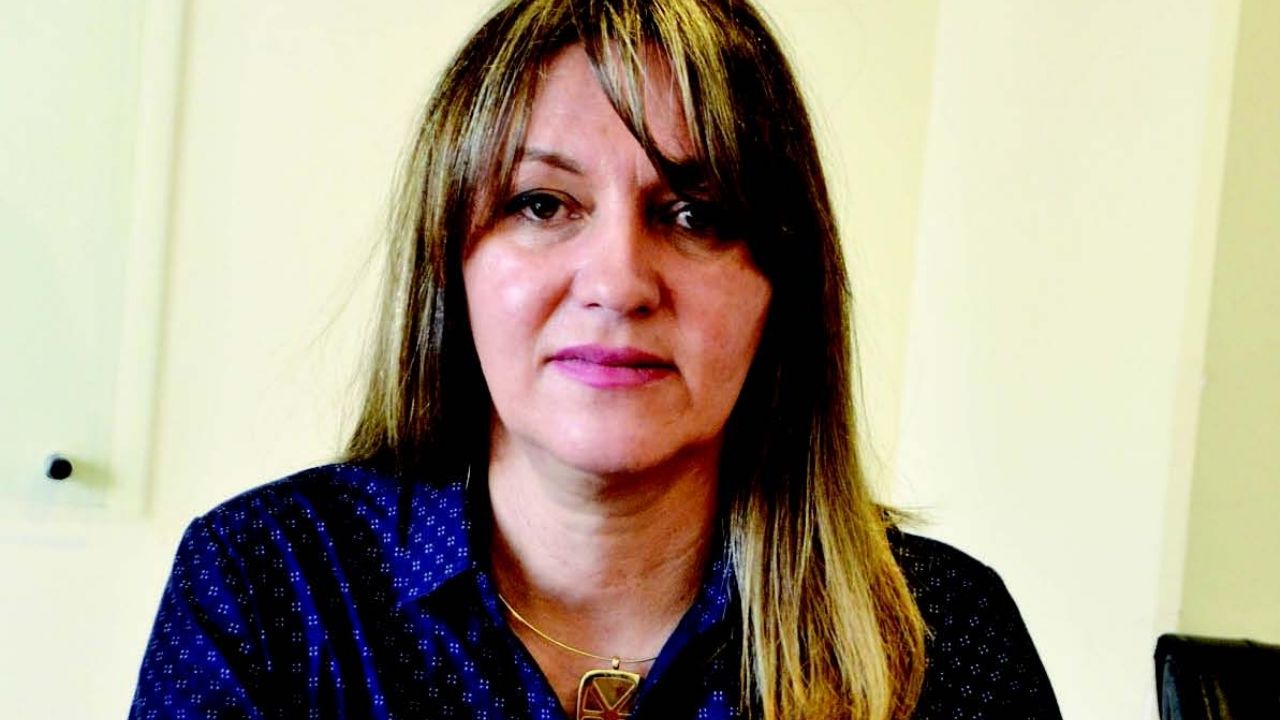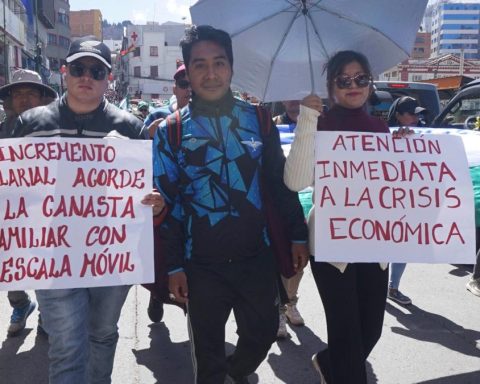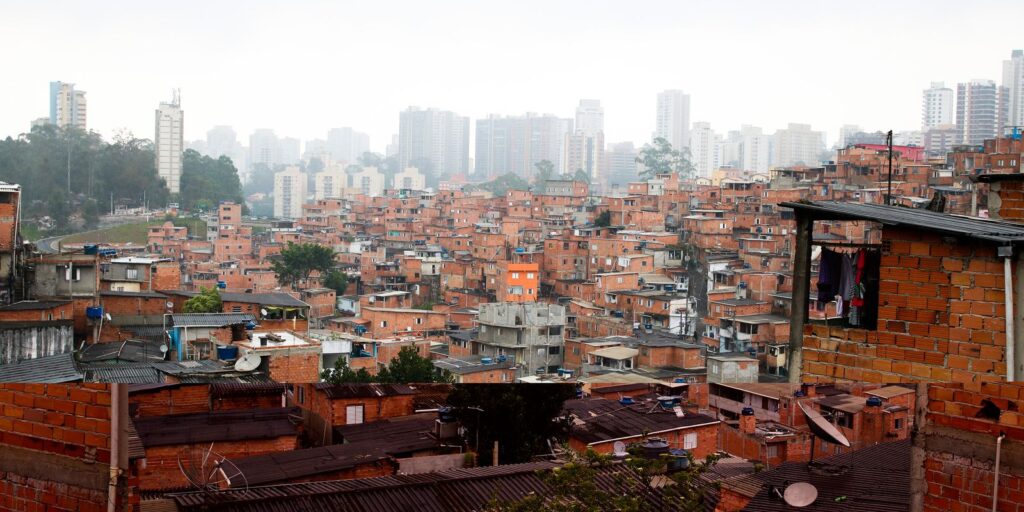Pablo Peralta M. / La Paz
Elizabeth Reyes, new president of Unidad Nacional (UN), assures that polarization is an issue that does not do good to the country or to citizens, who have other needs. The leader assumed command of that political organization in the middle of this month.
Reyes is the daughter of José Reyes Carvajal, one of the MIR leaders who was assassinated on Harrington Street. She is the founder of UN, a force that she represented as a deputy.
“I am in politics above all because I am a woman, because my condition as a woman makes me realize how necessary the transformation of the State is to ensure that the State complies, can be present above all for women, for citizens, for the needs we have, ”he declared in an interview with Página Siete.
Coming from a left crib, do you identify with left, right or center?
I identify myself with the ideological line of the UN, with social democracy, that is the ideological base that we follow and that is the ideological base in which I frame myself and the one that I share.
In terms of the political agenda, what are the main objectives that you set for yourself?
Internally, I believe that the construction of the parties must be seen from a more modern point of view. If the UN is doing well, it is also good for the political system and it is good news for the population, because political organizations are the interlocutors between society and the State and it is important to strengthen them.
In this sense, the important challenges have to do with the formation of cadres, which is one of the most important internal tasks. Working so that our organizational structure can have a presence especially in areas where we have not had much presence or where our presence has not been so strong, such as in rural areas, the provinces.
Outward work for issues that make people. Understand that polarization does not do good to the country, it does not do good to citizens, who have other needs, which have to do with issues that they do, for example, employment, demand democracy with the rule of law, issues that have to do with the defense of the environment, violence, education, so many challenges and needs, so many issues that concern the citizen.
We leave the polarization agenda and connect with the population on an agenda for all.
Does holding the top job at UN imply that you and UN will somehow build a candidacy around you later on?
We are clear that there are challenges and there are agendas that we have to face in the short and medium term. In this short and medium term, what we have seen in this congress is what our external tasks are now, how we work to have the population; at no time have we addressed the issue of candidacies.
Our tasks, now, are to strengthen UN internally, to connect with the interests of the people and to lead the party for this objective. Then you will see the profiles of the candidates, but for now absolutely nothing about that.
Without Samuel Doria Medina in the presidency of UN, with what resources will UN be financed?
It will be financed in the way that it has been financed up to now and of course with the support of the militancy, that is fundamental, it is the support that always has to be given and is given, it is also, today, to see new and possible ways of working. For example, the use of the internet, the work that is done in a virtual way, everything that the organization means from a virtual point of view, helps a lot.
What change would you highlight from the adaptation of the UN statute to the Law of Political Organizations?
I would say three things: that it is a modern statute, that it shows the UN’s commitment to internal democracy, with participation, with inclusion, and that it has the UN stamp on the differentiation, support and work that it has, for example, with the entrepreneurial culture, with young people, with women, with interculturality.
Remarkable, without a doubt, is the issue of the de-patriarchalization regime. There is not only compliance with the norm, but it goes further.
One of the things that I have seen is that you can achieve things when you have the interest and the intention to work and the citizenship corresponds, supports
President of National Unity
3 YEARS
is the time of mandate
of the leaderships in the
National Unity party.

















